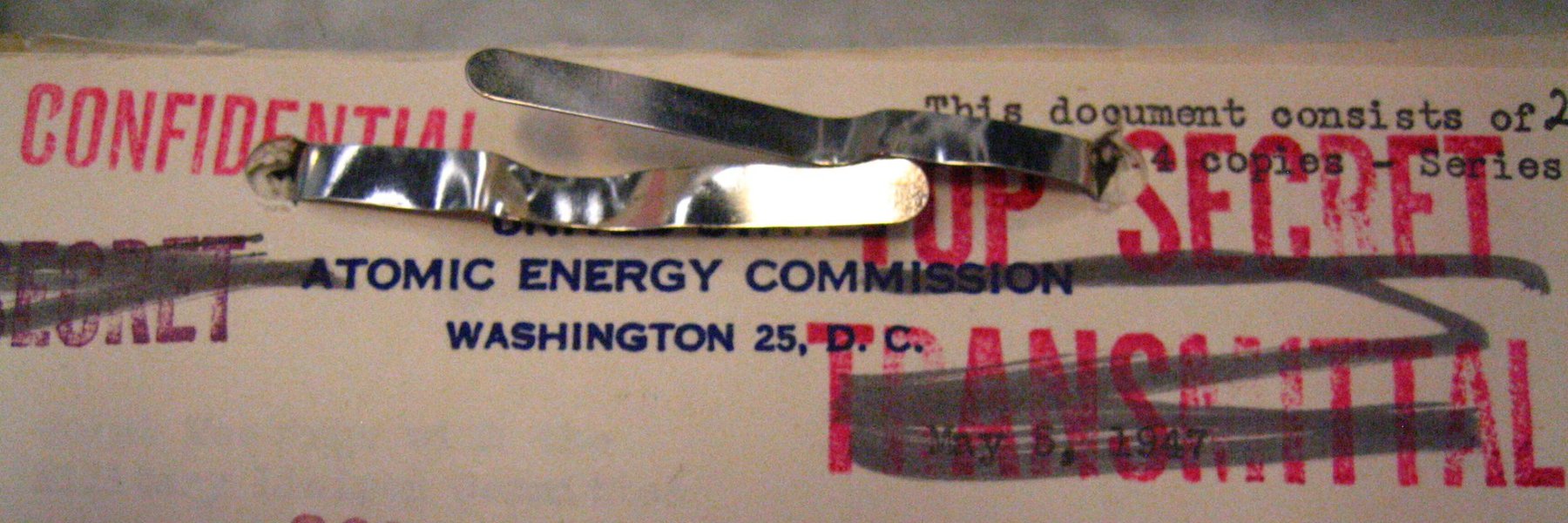Records released this week through FOIA requests show the Federal Emergency Management Agency paid millions for a ‘half-empty floating hotel’ last hurricane season. Plus, Michigan State University struggles to keep up with records requests about Larry Nassar, Humana’s “reverse FOIA,” and an exciting job opportunity with the New York Times, all in this week’s round-up.
See a great use of public records we missed? Send over your favorite FOIA stories via email, on Twitter, or on Facebook, and maybe we’ll include them in the next roundup. And if you’d like even more inspiration, read past round ups.
FEMA’s “floating hotel”
A FOIA request revealed a $74.7 million contract with Carnival Corporation to host aid workers and first responders in the US Virgin Islands after hurricanes last year, reported on in the same week as a Harvard study revealed the death toll after hurricanes in Puerto Rico was almost 5,000 people
The cruise line was paid more during the contract than the victims of the storm were given to rebuild their houses. According to reporting from WLRN:
“As outlined in the contract, the company was to house 2,056 FEMA workers and other first responders for the length of the contract. The average number of nightly passengers for the contract window was only 799.5.
Taxpayers footed the cruise ship bill to a tune of $834 per person per night, equal to a rate of $5,959 per person per week, according to a spreadsheet of the daily passenger count and the contract itself, obtained from Freedom of Information Act requests”.
Read the contact embedded below, and the article here.
MSU’s FOIA flood
Michigan State University FOIA staffing increases have not kept up with the demand for records requests about Larry Nassar that have been pouring in.
In 2015, 438 FOIA requests came in to MSU’s FOIA office. In 2017, the number stood at 812. Already as of May 23 of this year, there have been 628 FOIA requests.
Fee estimates increased over 5 times this year, from $190 to $900.
However, the article notes the fee estimates might be inflated.
“Many media outlets asked for similar, if not identical, records, such as emails from former MSU President Lou Anna Simon that contain the words ‘Larry Nassar’.‘I find it hard to believe that MSU doesn’t already know exactly what Nassar emails are in existence,’ LoMonte said. ‘If anything, they’ve already gathered those records for defensive purposes.’”
Humana’s “reverse FOIA”
Humana is suing to prevent the release of trade secrets relating to an exclusive, $40.6 billion contract to administer Tricare, the military’s health plan.
The suit was filed in U.S. District Court for the District of Columbia
“The suit states that the Humana Government Business wants to “protect from public disclosure technical ‘enhancements’ that Humana Military voluntarily proposed for performance” of the Tricare East contract that “are in excess of the minimum technical requirements and performance standards …. ” But, obviously, the lawsuit doesn’t specify what those enhancements are.”
Humana is one of two administrators in the United States for Tricare, which provides healthcare for both current and former military members and their families, and Humana provides benefits to 6 million people in 32 states.
Work on FOIA for the New York Times
The New York Times announced an opening for a FOIA/News Database Coordinator.
We are seeking a diligent, curious researcher, who will have the primary task of working with reporters across The Times to file FOIA requests to open up breaking news stories into investigative pieces.
This person will help manage pending FOIA requests (maintained in a centralized database) to push FOIA officers to comply with response deadlines and coordinate any potential litigation The Times is filing to ensure compliance with its FOIA requests.
This person will also help The Times go through the FOIA responses to help look for news and be responsible for maintaining a searchable database of FOIA responses that could be used by reporters across The Times.
The researcher would also serve part time as a computer assisted reporting resource in the Washington Bureau helping other reporters to build certain databases. They would also, if time permits, help do baseline research in conjunction with bureau reporters and editors for investigative pieces.
This is a Guild position based in Washington, D.C.
Apply here.
Read a great FOIA-based news story we should highlight? Let us know and maybe we can include it in our next roundup! Send it over via email, on Twitter, or on Facebook.
Image by Ed Edahl via FEMA.gov




